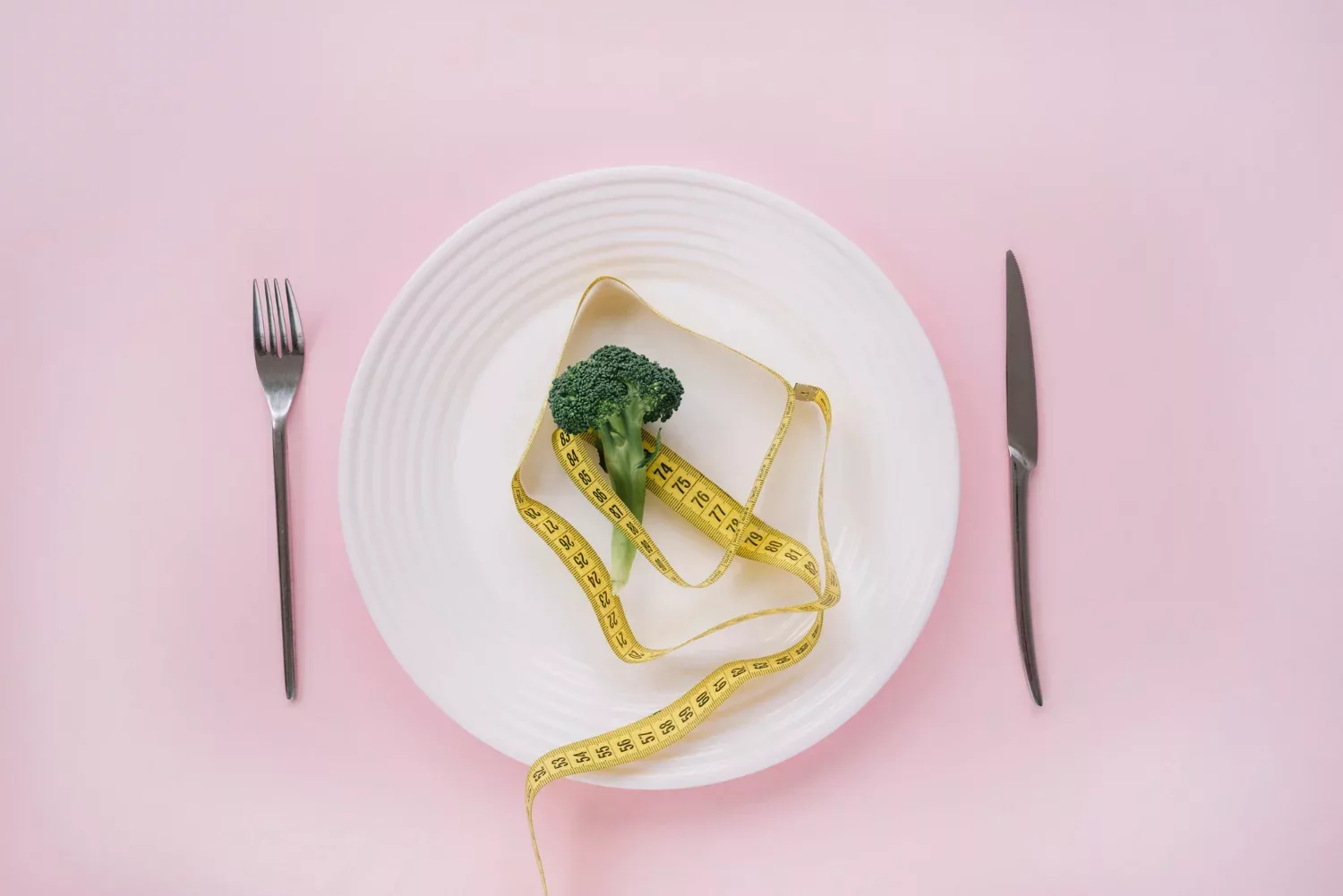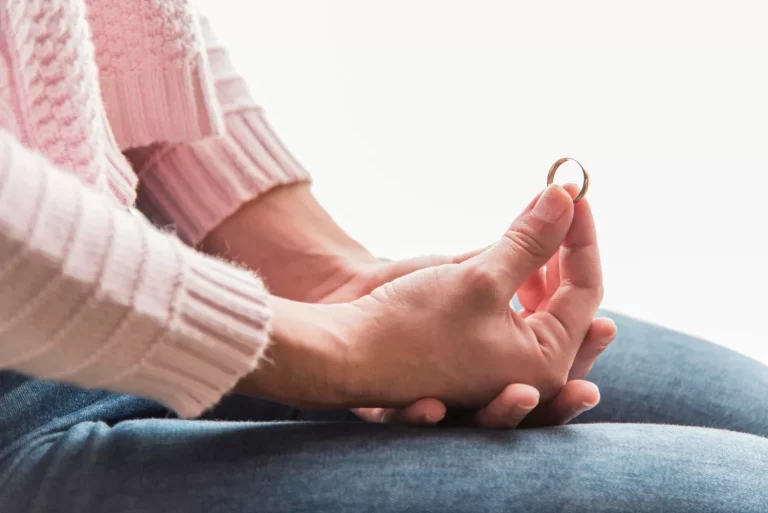Divorce Diet: A Weight Loss Journey After Separation
Have you ever heard of a “divorce diet”? At TheBostonDivorceLawyer, we know that going through a divorce can be a stressful time, and it often leads to changes in eating habits. In this article, we will explore the concept of a divorce diet and how it can impact your overall health and well-being.
As indicated in “The Divorce Diet“ by Ellen Hawley, the concept of a “divorce diet” refers to the unintentional weight loss that some individuals experience during the divorce process. This weight loss can be attributed to stress, emotional turmoil, and changes in eating habits that commonly occur during this period. It is important to note that not everyone undergoing a divorce will experience this phenomenon, as individuals react differently to stressful situations.
Causes of divorce
When all is said and done, people often get divorced for a few common reasons: communication problems, money issues, cheating, and lack of closeness.
When couples can’t communicate well, they may end up misunderstanding each other and arguing, which can harm their relationship. Money troubles can cause stress and bitterness. Cheating can destroy trust and hurt the relationship badly. Not feeling close to each other can make partners feel lonely and unconnected.
You know, other reasons for divorce can be different values and goals, addiction, and mental health problems. If couples don’t deal with these problems, they can grow over time and lead to divorce. Partners may feel like they’re drifting apart, unhappy, or unable to fix their issues.
Divorce is hard and affects both people a lot. It’s important for couples to face their problems and get help if needed to stop their marriage from falling apart.
Impact on mental health
So to speak, when a marriage ends, it can bring up a lot of emotions like sadness, anger, and loneliness. Some people may feel overwhelmed and stressed during this time, making it hard to focus, sleep, or even eat properly.
The stress of divorce can change how people eat. Some might eat more to cope with their feelings, which can lead to weight gain and feelings of guilt or shame. Others might lose their appetite and struggle to eat enough, which can cause fatigue and mood swings.
Both eating too much and eating too little can harm mental health. When all is said and done, poor nutrition can make it harder for the body to manage mood and energy, worsening anxiety and depression. Not getting enough nutrients can also affect brain function, making it harder to handle the stress of divorce.
In sum, the stress of divorce can lead to unhealthy eating, which in turn can hurt mental health. It’s important for those going through a divorce to take care of their emotional well-being by getting support from friends, family, or a mental health professional. By looking after both their physical and mental health, they can start to heal during this tough time.
Healthy eating habits
Basically, during a divorce, it’s really important to eat well for both your body and mind.
Choosing healthy foods can give you more energy, lift your spirits, and lower the chances of long-term health problems. Try to eat a mix of fruits, vegetables, whole grains, lean proteins, and healthy fats. These foods have the nutrients your body needs to stay strong.
Stay away from too much processed food, sugary treats, and high-fat meals. Eating too much of these can make you gain weight, feel tired, and face other health issues.
When all is said and done, if you crave comfort foods, look for healthier versions. Trying new recipes and cooking styles can make healthy eating more fun.
Besides eating better, drinking lots of water and exercising regularly are key. Water helps keep you full and aids digestion, while exercise boosts both physical and mental health.
Exercise routines
To be fair, adding exercise to your daily life can help reduce stress and improve your mood. It doesn’t need to be hard – even a walk or some yoga can help.
The important thing with exercise is to be consistent. Choose activities you enjoy so you’re more likely to keep doing them. Whether it’s going to the gym, starting a new sport, or following workout videos at home, just make sure you stay active.
When starting a new exercise routine, set goals you can actually achieve. It’s fine to start small and slowly increase your effort as you get fitter. So to speak, keeping track of your progress can also keep you motivated and on course.
During a divorce, exercise routines can give you a chance to focus on yourself and build self-confidence. It can be a time to find interests and hobbies you might have missed during your marriage.
In general, exercise can be a positive and empowering way to care for yourself during a tough time like a divorce. It’s a chance to put self-care first and create a healthy lifestyle that boosts your overall well-being and happiness.

Support systems
It seems that, having the right people around you is really important during tough times like a divorce. Your support team could be family, friends, therapists, or support groups. They can listen, cheer you up, and help you through emotional ups and downs.
They can also keep you focused on staying healthy, reminding you to stick to your diet and avoid bad habits like overeating or drinking too much. It’s easier to make good choices when someone is there to support you. For real, besides emotional help, they can offer practical support for your diet. This can be anything from cooking meals with you, working out together, or just checking in on how you’re doing. Sharing your progress and setbacks with someone makes everything feel more manageable.
In short, having a solid support system during a divorce helps you stay healthy and take care of yourself. They offer encouragement, practical help, and emotional support to guide you through this challenging period.
The End Note
The divorce diet can have both positive and negative effects on individuals going through a divorce.
What TheBostonDivorceLawyers is supporting the idea of is, while some may experience weight loss due to stress and lifestyle changes, others may struggle with emotional eating and unhealthy habits. It is important for individuals to prioritize self-care and seek support during this challenging time to maintain a healthy lifestyle.







